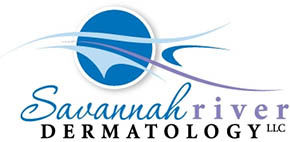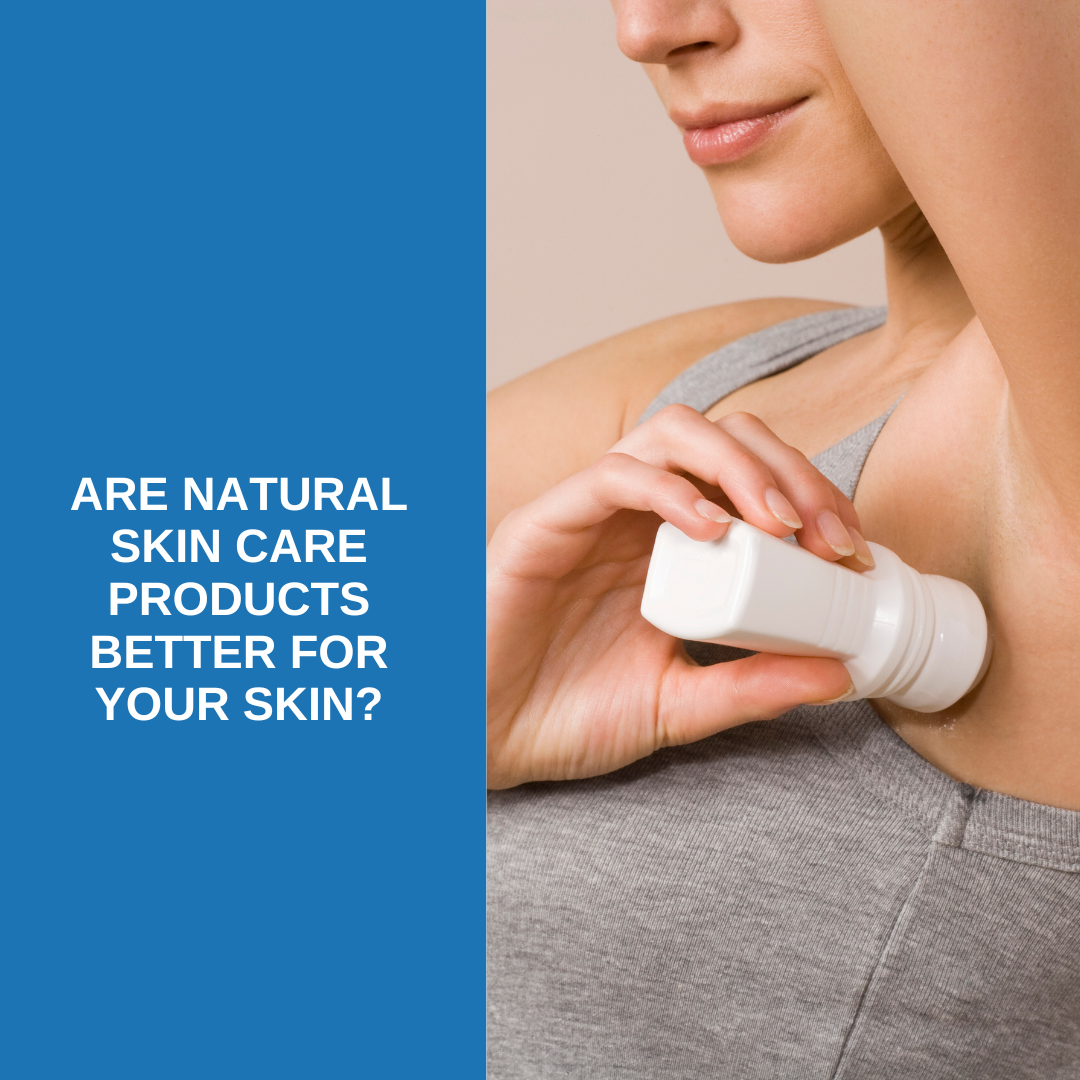When you walk down the skin care aisle or scroll through your favorite beauty site, it’s hard to miss the growing wave of products labeled “natural.” With earthy packaging, green claims, and botanical buzzwords, these products promise a gentler, cleaner path to healthy skin. But what does natural actually mean—and is it truly better for your skin?
Let’s dig into the truth behind the label.
What Does “Natural” Really Mean?
In the skin care world, natural typically refers to ingredients that are derived from nature—think plants, minerals, or animal byproducts—not synthetically created in a lab. Sounds good, right? But here’s the catch: there’s no official definition or regulation for what qualifies a product as “natural.”
That’s right—according to the U.S. Food and Drug Administration (FDA), there’s no standard that companies have to meet in order to slap the word natural on a label. That means a “natural” product could contain a handful of plant-based ingredients… or just one. In fact, even dangerous substances—like poison ivy—are technically natural, but not exactly something you want on your face.
Label Language: What It Actually Means
Many natural products also carry other labels like fragrance-free, hypoallergenic, non-toxic, or organic. Here’s what those actually mean:
- Fragrance-Free: Contains no added fragrances, natural or synthetic. (Note: “Unscented” doesn’t mean the same thing—it may still contain chemicals that mask scent.)
- Hypoallergenic: Meant to cause fewer allergic reactions, but the term isn’t regulated—any company can use it.
- Non-Toxic: Another unregulated term used more for marketing than scientific accuracy.
- Organic: Unlike “natural,” organic is regulated by the USDA. Products can only use this term if they meet specific requirements (e.g., 95% of ingredients must be organically grown to use the USDA seal).
- Paraben-Free, Phthalate-Free, Sulfate-Free: These terms highlight the absence of specific chemicals that may be linked to hormone disruption or irritation.
Natural vs. Organic: Is There a Difference?
Yes! While “natural” is vague and unregulated, “organic” has clear standards set by the USDA. Here’s a breakdown:
- USDA Organic Seal: Means 95%+ of the ingredients are organic.
- 100% Organic: Just what it sounds like.
- Made with Organic Ingredients: Contains at least 70% organic content.
Still, don’t assume that just because something is organic, it’s safe for your skin. Natural and organic products can still cause allergic reactions or irritation—especially in sensitive skin types.
Are Natural Products Actually Better?
Not necessarily. While the idea of using nature-derived ingredients sounds appealing, natural doesn’t always mean better—or safer. In fact, many natural ingredients are known to trigger skin reactions, including rashes and allergic contact dermatitis.
A 2023 study looked at nearly 1,700 products labeled as natural, clean, or sensitive skin-friendly and found that more than 94% contained ingredients linked to skin irritation.
Common symptoms of allergic reactions include:
- Itchy, red rashes
- Blistering or oozing
- Flaky or scaly skin
- Swelling or pain
And here’s the kicker: Sometimes, just one use can result in weeks of discomfort—even after you stop using the product.
There’s nothing wrong with wanting to use more natural or organic products—but don’t let the label be your only guide. Instead, focus on reading ingredient lists, avoiding known irritants, and choosing products that are actually right for your skin.
Remember: Natural doesn’t always mean safe, and synthetic doesn’t always mean bad.
When in doubt, keep it simple and talk to your dermatologist.
The information presented in this blog is for informational purposes only and should not be taken as medical advice. If you have questions or concerns, please call our office or make an appointment with a medical professional. Savannah River Dermatology is located at 575 Furys Ferry Rd in Augusta, Ga. Our office can be reached at 706-691-7079.
Sources:
Slomski, Anita. Almost All “Natural” Skin Care Products Contain Contact Allergens. JAMA https://jamanetwork.com/journals/jama/article-abstract/2797889
Cleveland Clinic: https://health.clevelandclinic.org/natural-skin-care








